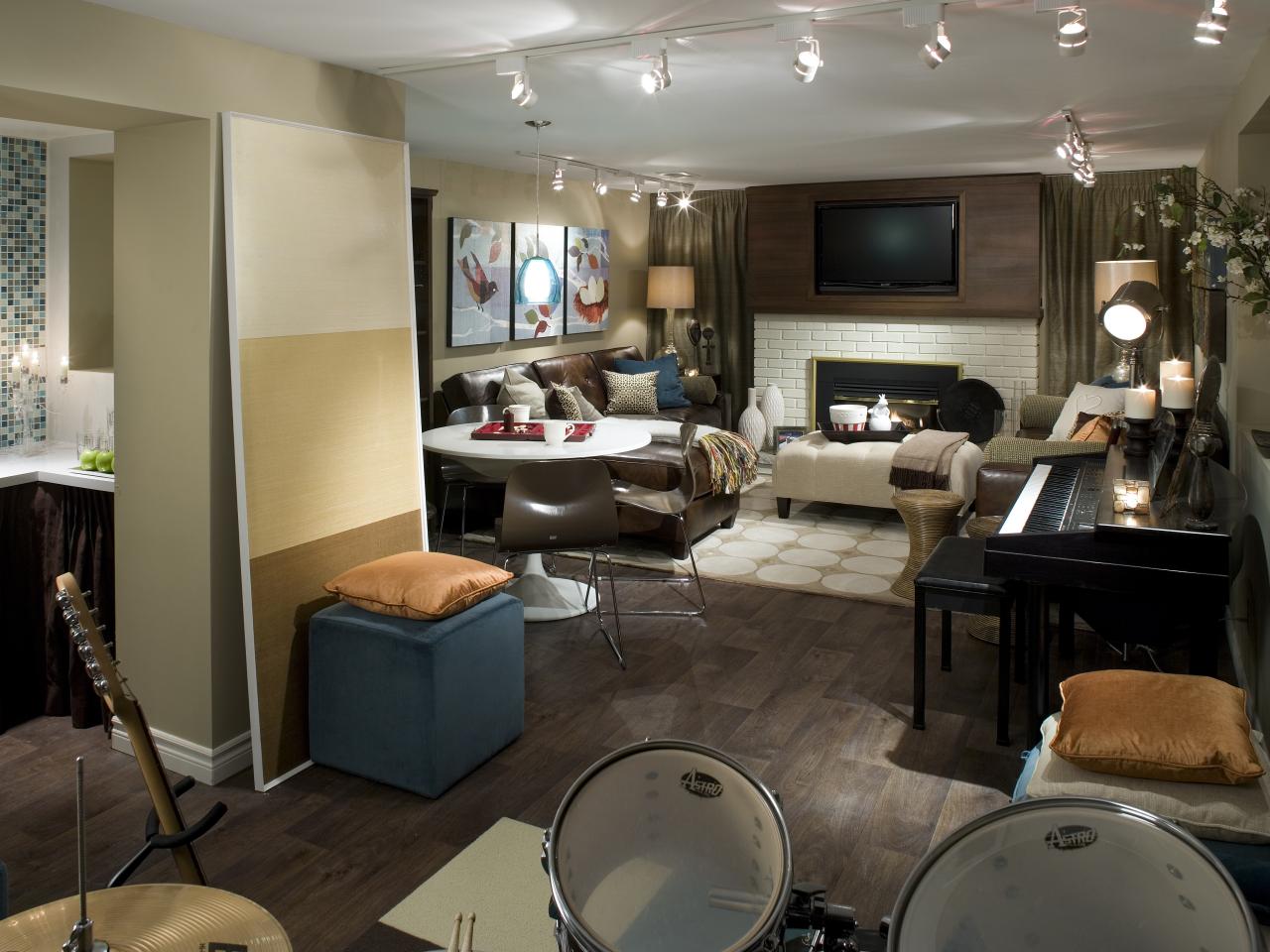

Articles
What Is A Basement Apartment
Modified: August 28, 2024
Discover the benefits and considerations of basement apartments in our informative articles. Find out how to maximize space and create a comfortable living environment.
(Many of the links in this article redirect to a specific reviewed product. Your purchase of these products through affiliate links helps to generate commission for Storables.com, at no extra cost. Learn more)
Introduction
Basement apartments have become increasingly popular in recent years, offering a practical solution for homeowners and renters alike. Whether for extra income, more living space, or simply to utilize an underutilized area of the home, basement apartments have become a viable option for many. In this article, we will explore what a basement apartment is, the advantages and disadvantages of having one, the legal requirements and safety considerations, as well as tips for designing and renting a basement apartment.
Basement apartments, also known as basement suites or secondary suites, are self-contained living spaces located in the lower level of a residential property. These spaces typically include a bedroom, bathroom, kitchen, and living area, providing all the necessary amenities for someone to live comfortably.
The appeal of basement apartments lies in their versatility. For homeowners, renting out a basement apartment can provide a source of extra income, helping to offset mortgage payments or other household expenses. Renters, on the other hand, can benefit from more affordable housing options, as basement apartments are often priced lower than traditional apartments or houses.
Moreover, basement apartments can address the growing need for housing in crowded urban areas. By converting basements into living spaces, homeowners can make the most of the available square footage, reducing the strain on the housing market.
However, it’s essential to consider both the advantages and disadvantages before deciding to convert your basement or rent a basement apartment. Factors such as natural light, ventilation, and safety should be taken into account to ensure a comfortable and secure living environment.
In the following sections, we will delve deeper into the specific advantages and disadvantages of having a basement apartment, the legal requirements and safety considerations to keep in mind, as well as tips for designing and renting a basement apartment.
Key Takeaways:
- Basement apartments offer homeowners extra income and renters affordable housing. Legal requirements, safety considerations, and thoughtful design are crucial for a positive living experience.
- Renting a basement apartment requires thorough research, inspection, and clear communication with the landlord. Understanding lease terms, safety measures, and obtaining renter’s insurance is essential for a comfortable tenancy.
Read more: What Makes A Basement Apartment Illegal
Definition of a Basement Apartment
A basement apartment, also known as a basement suite or secondary suite, is a self-contained living space that is located in the lower level or basement of a residential property. It is typically equipped with essential amenities such as a bedroom, bathroom, kitchen, and living area, providing independent living quarters for individuals or families.
Basement apartments are popular for a variety of reasons. For homeowners, they offer a way to generate additional income by renting out the space. This can be particularly beneficial for those who have unused or underutilized basement areas. Renters, on the other hand, are attracted to basement apartments because they can often find more affordable housing options compared to traditional apartments or houses.
In terms of design and layout, basement apartments can vary. Some may have a separate entrance from the rest of the house, offering complete privacy for the occupants. Others may have a shared entrance, where the basement apartment is accessed through the main entrance of the house. The level of privacy and separation between the main living area and the basement apartment largely depends on the specific layout and design of the property.
It’s important to note that there may be legal requirements and regulations associated with converting a basement into a livable space. Local municipal bylaws and building codes vary, but they often cover aspects such as ceiling height, natural light, ventilation, and safety measures. Homeowners looking to create a basement apartment should consult with their local authorities to ensure they are meeting all the necessary legal requirements.
From a renter’s perspective, it’s essential to inquire about the legal status of a basement apartment before entering into a rental agreement. This ensures that the living space meets all the necessary safety and building standards.
In summary, a basement apartment is a self-contained living space located in the lower level or basement of a residential property. It offers independent living quarters, with amenities such as a bedroom, bathroom, kitchen, and living area. Whether you are a homeowner considering converting your basement or a renter looking for affordable housing options, understanding the definition and legal requirements of a basement apartment is essential for a positive living experience.
Advantages of a Basement Apartment
Basement apartments offer several advantages that make them an appealing housing option for both homeowners and renters. From increased income potential to added living space, here are some of the key advantages of having a basement apartment:
- Extra Income: One of the primary benefits of having a basement apartment is the potential for additional income. Homeowners can rent out the basement space, providing them with a steady stream of rental income that can help offset mortgage payments or other household expenses.
- Affordability: Basement apartments are often more affordable than traditional apartments or houses. For renters, this can be a significant advantage, allowing them to find housing within their budget and potentially save money compared to renting a larger space.
- Privacy and Independence: Basement apartments typically have their own separate entrance, providing privacy and independence for both homeowners and renters. This allows occupants to come and go without disturbing or being disturbed by the rest of the house. It can create a sense of autonomy and freedom within the living space.
- Flexibility: Basement apartments offer flexibility in terms of usage. Homeowners can choose to use the space as a rental unit, accommodating long-term tenants or short-term rentals. Alternatively, they can repurpose the basement apartment as an in-law suite, accommodating visiting family members or providing a separate living space for adult children.
- Increased Property Value: Adding a basement apartment can increase the overall value of a residential property. It provides potential buyers with the option to generate rental income, making it an attractive feature that can set the property apart from others in the market.
- Utilization of Underutilized Space: Basement areas are often underutilized, serving as storage spaces or unused areas of the house. By converting the basement into a livable space, homeowners can make the most of their square footage and maximize the functionality of their property.
Overall, basement apartments provide homeowners with the opportunity to generate income, increase property value, and maximize the use of underutilized space. For renters, they offer affordable housing options, privacy, and flexibility. These advantages make basement apartments a popular choice for those looking to make the most of their homes or find affordable living arrangements.
Disadvantages of a Basement Apartment
While basement apartments have numerous advantages, it’s important to consider the potential drawbacks before making a decision. From limited natural light to potential safety concerns, here are some of the main disadvantages of having a basement apartment:
- Limited Natural Light: One of the primary disadvantages of basement apartments is the limited natural light that can enter the space. Due to their location below ground level, basement apartments often have smaller windows or fewer windows compared to above-ground living spaces. This can result in less natural sunlight, creating a potentially darker and less vibrant living environment.
- Potential Moisture and Mold Issues: Basements are inherently more prone to moisture and dampness compared to other areas of the house. This can lead to potential issues with mold growth and musty odors. It’s essential to take measures to prevent moisture and address any existing issues to ensure a healthy living environment.
- Noisy Environment: Depending on the layout and insulation of the property, basement apartments may be more susceptible to noise from the main living areas above. Footsteps, household activities, and other sounds can be more noticeable in a basement apartment, potentially affecting the overall comfort and tranquility of the space.
- Lack of Above-Ground Views: As basement apartments are located below ground level, they typically lack above-ground views and outdoor access. This can be a disadvantage for those who enjoy natural scenery or desire a connection with the outdoors. However, it’s worth noting that some basement apartments may have access to outdoor spaces such as patios or backyards.
- Safety Considerations: Basement apartments require careful attention to safety measures. It’s important to ensure adequate fire exits, proper ventilation, and compliant electrical systems. Additionally, basement apartments may have lower ceilings or more uneven floors, which can pose potential safety hazards.
- Potential for Limited Ventilation: Proper ventilation is essential in any living space to maintain air quality and prevent the buildup of moisture. Basement apartments may face challenges in achieving adequate ventilation due to their location. It’s crucial to install ventilation systems or take other measures to ensure proper airflow within the space.
It’s important to carefully consider and address these potential disadvantages when planning or renting a basement apartment. By taking measures to mitigate these drawbacks, such as improving lighting, addressing moisture issues, and ensuring safety, it is possible to create a comfortable and enjoyable living environment in a basement apartment.
Legal Requirements for a Basement Apartment
Creating a basement apartment involves adhering to specific legal requirements and regulations to ensure the safety and compliance of the living space. While these requirements may vary depending on your specific location, here are some common considerations when it comes to the legal aspects of a basement apartment:
- Building Codes and Permits: Most municipalities have building codes in place that outline the requirements for converting a basement into a livable space. These codes typically cover aspects such as ceiling height, natural light, ventilation, and electrical and plumbing systems. Before proceeding with any modifications or renovations, it’s crucial to check with your local building department to obtain the necessary permits and ensure compliance with all building codes.
- Separate Entrance and Egress: Many jurisdictions require that a basement apartment has a separate entrance that does not interfere with the access to the main living areas of the house. Additionally, there may be requirements for a second means of egress, such as an exterior door or window, to provide a safe exit in case of emergencies.
- Fire Safety Measures: Fire safety is an essential aspect of basement apartment regulations. This may include the installation of smoke detectors, carbon monoxide detectors, and fire extinguishers. Local codes may also require a specific type of fire separation between the basement apartment and the main living areas of the house.
- Window Requirements: Basement apartments typically have windows for natural light and emergency egress purposes. Local regulations may stipulate the minimum size and accessibility requirements for these windows to ensure safe and habitable living conditions.
- Electrical and Plumbing Compliance: Basement apartments must meet electrical and plumbing standards to ensure safe and functional living spaces. It’s important to consult with a licensed electrician and plumber to ensure that all wiring, outlets, and plumbing fixtures meet the necessary building codes and regulations.
- Occupancy and Zoning Restrictions: Some municipalities have restrictions on the number of people who can occupy a basement apartment and may require certain zoning designations for the property to accommodate a secondary suite. It’s crucial to verify any occupancy limits and zoning requirements to ensure compliance with local regulations.
- Rental Bylaws: If you plan to rent out the basement apartment, there may be additional regulations and requirements imposed by local rental bylaws. These may include rules regarding tenant screening, lease agreements, rental rates, and landlord responsibilities. Familiarize yourself with the rental bylaws in your area to ensure you are following all legal requirements as a landlord.
It’s essential to consult with your local municipal authorities, building department, or a professional contractor familiar with local regulations to ensure that your basement apartment meets all the necessary legal requirements. Failure to comply with these regulations can result in fines, legal consequences, or difficulties in renting or selling the property in the future.
When looking for a basement apartment, make sure to check for proper ventilation, natural light, and sufficient ceiling height to ensure a comfortable living space.
Read more: How To Decorate A Basement Apartment
Safety Considerations for a Basement Apartment
Ensuring the safety of a basement apartment is of utmost importance to create a secure and comfortable living environment. Here are some key safety considerations to keep in mind when planning or renting a basement apartment:
- Proper Emergency Exits: Every basement apartment should have at least two means of egress, such as a separate entrance and an emergency exit window or door. These exits should be easily accessible and unobstructed to allow for a safe escape in case of fire or other emergencies.
- Fire Safety Measures: Install smoke detectors and carbon monoxide detectors throughout the basement apartment to provide early warning in the event of a fire or gas leak. Regularly test and maintain these detectors to ensure they are functioning properly. Also, consider having a fire extinguisher easily accessible in case of small fires.
- Proper Ventilation: Adequate ventilation is crucial in a basement apartment to maintain good air quality and prevent the accumulation of moisture. The installation of ventilation systems, such as exhaust fans in the kitchen and bathroom, can help remove odors, reduce humidity levels, and improve overall air circulation.
- Electrical Safety: Ensure that the electrical system in the basement apartment is up to date and meets all safety standards. Have a licensed electrician inspect the wiring, outlets, and electrical panels to ensure there are no potential hazards, such as faulty wiring or overloaded circuits.
- Proper Lighting: Since basement apartments may have limited natural light, it’s important to provide adequate artificial lighting throughout the space. This helps improve visibility and reduces the risk of accidents and tripping hazards.
- Sufficient Fire Separation: Implement appropriate fire separation measures between the basement apartment and the rest of the house. This may include the installation of fire-rated walls, doors, and sealing any openings to prevent the spread of fire between areas.
- Safety Barriers: If there are any exposed utilities or potential hazards in the basement, such as furnace rooms or water heaters, ensure that they are properly enclosed or protected to prevent accidental contact or injuries. This may involve installing safety barriers or covers.
- Regular Maintenance: Regularly inspect and maintain the basement apartment to address any potential safety concerns promptly. This includes checking for leaks, addressing any signs of moisture or mold, testing smoke detectors and carbon monoxide detectors, and maintaining the overall cleanliness and condition of the space.
It’s essential to prioritize safety in a basement apartment and take necessary precautions to create a secure living environment. Consult with professionals, such as electricians and contractors, to ensure that all safety measures are met and that the basement apartment complies with local building and safety codes. By addressing these safety considerations, you can provide peace of mind for both homeowners and renters.
Design and Layout of a Basement Apartment
When designing and planning the layout of a basement apartment, it’s important to maximize space, functionality, and aesthetics. Here are some key considerations to keep in mind:
- Open Concept: Consider an open-concept design for the main living area of the basement apartment to create a sense of spaciousness. This layout allows for flexibility in furniture arrangement and maximizes natural light flow if available.
- Lighting: Enhance natural light by maximizing the use of windows and light wells. Additionally, incorporate strategically placed artificial lighting, such as recessed lighting or track lighting, to brighten up areas with limited natural light.
- Functional Zones: Divide the space into functional zones, such as a bedroom area, a living area, and a dining area if space allows. Use furniture placement, area rugs, or room dividers to define these areas and create designated spaces within the open-concept layout.
- Kitchen Design: Optimize the kitchen layout for functionality and space efficiency. Consider utilizing space-saving appliances and storage solutions, such as built-in cabinets or shelves, to maximize storage capacity. Ensure proper ventilation and provide adequate counter space for food preparation.
- Bathroom Layout: Create a functional bathroom layout that utilizes available space effectively. Consider incorporating elements such as a standing shower or bathtub, storage cabinets, and proper ventilation. Ensure proper waterproofing and moisture control measures to prevent potential issues in a below-ground space.
- Storage Solutions: Maximize storage opportunities in a basement apartment by incorporating built-in storage, such as closets or shelves. Utilize under-stair spaces, recessed niches, or wall-mounted storage solutions to optimize space utilization without compromising on aesthetics.
- Color Scheme: Choose light and neutral colors for the walls and flooring to help create a bright and inviting atmosphere. This can help mitigate the potential darkness in the basement apartment and create a visually pleasing space.
- Flooring: Consider durable and moisture-resistant flooring options, such as vinyl, laminate, or waterproof carpeting, which are suitable for the basement environment. Ensure proper insulation and moisture barriers to prevent potential issues related to moisture and dampness.
- Furniture Selection: Select furniture pieces that are appropriately sized for the space and align with the overall design aesthetic. Consider furniture with built-in storage options, such as ottomans or coffee tables with hidden compartments, to maximize storage opportunities in smaller living areas.
- Privacy and Soundproofing: Incorporate soundproofing measures, such as acoustic insulation and door sweeps, to minimize noise transmission between the basement apartment and the rest of the house. Consider installing window coverings or privacy film on windows for enhanced privacy.
Additionally, consult with an interior designer or contractor experienced in basement renovations to help optimize the space and ensure compliance with building codes and regulations. By carefully considering the design and layout of your basement apartment, you can create a functional, appealing, and comfortable living space that meets your specific needs and preferences.
Renting a Basement Apartment
Renting a basement apartment can offer numerous benefits, such as affordability and privacy. If you’re considering renting a basement apartment, here are some important things to keep in mind:
- Research the Market: Before starting your search for a basement apartment, take the time to research the rental market in your desired area. Look for the average rental prices for basement apartments to ensure you’re getting a fair deal.
- Location and Amenities: Consider the location and amenities that are important to you. Do you need to be close to public transportation, schools, or shopping centers? Determine your priorities and use them as a guide during your search.
- Visit and Inspect: It’s crucial to physically visit and inspect any basement apartment you’re considering renting. Pay close attention to the overall condition of the space, including the flooring, walls, bathroom, and kitchen. Check for any signs of dampness, mold, or water damage.
- Ask About Utilities and Services: Inquire about which utilities or services are included in the rent. Common utilities to ask about may include water, electricity, heating, and internet. Understanding what is included can help you budget accordingly.
- Discuss Lease Terms and Security Deposit: Have a detailed conversation with the landlord about the lease terms, including the duration of the lease, rental payment schedule, and any other important conditions. Additionally, discuss the amount and terms of the security deposit.
- Clarify Maintenance and Repairs: Understand the landlord’s responsibilities when it comes to maintenance and repairs. Clarify who is responsible for fixing any issues that may arise during your tenancy.
- Ask About Safety Measures: Inquire about the safety measures in place for the basement apartment, such as smoke detectors, carbon monoxide detectors, fire extinguishers, and emergency exits. Ensure that the landlord has taken the necessary precautions to provide a safe living environment.
- Review the Rental Agreement: Carefully read and review the rental agreement before signing. Pay attention to the terms regarding rent increases, subletting, pets, and any other important conditions. If something is unclear, don’t hesitate to seek clarification from the landlord.
- Create a Move-In Checklist: Prior to moving into the basement apartment, create a detailed move-in checklist to document the condition of the space. This can help protect you from any disputes regarding damages when it’s time to move out.
- Get Renter’s Insurance: Consider obtaining renter’s insurance to protect your personal belongings in case of theft, damage, or other unforeseen events. Consult with insurance providers to find a policy that suits your needs.
Renting a basement apartment can be a viable and affordable housing option. By conducting thorough research, visiting potential apartments, and clarifying important details with the landlord, you can find a basement apartment that meets your needs and provides a comfortable living experience.
Conclusion
Basement apartments offer a practical and versatile housing solution, serving as a source of additional income for homeowners or an affordable living option for renters. However, it’s important to consider both the advantages and disadvantages before making a decision. Understanding the legal requirements, safety considerations, and design considerations can ensure a positive and comfortable living experience in a basement apartment.
When creating a basement apartment, homeowners must adhere to local building codes and obtain the necessary permits. Safety measures, such as proper emergency exits, fire safety measures, and sufficient ventilation, should be prioritized to create a secure living environment. Additionally, careful attention should be given to the design and layout to maximize space, functionality, and aesthetics.
For renters, it’s crucial to research the rental market, visit and inspect potential basement apartments, and clarify lease terms and safety measures before signing an agreement. Understanding the responsibilities of both the landlord and tenant, along with obtaining renter’s insurance, can provide peace of mind during the tenancy.
Overall, a basement apartment can be a valuable addition to a residential property, offering financial benefits, increased living space, and affordable housing options. By understanding and addressing the legal requirements, safety considerations, and design aspects, both homeowners and renters can create a comfortable and enjoyable living environment.
Whether you’re a homeowner considering converting your basement or a renter searching for an affordable housing option, carefully considering these factors will help you make an informed decision and ensure a positive experience in a basement apartment.
Frequently Asked Questions about What Is A Basement Apartment
Was this page helpful?
At Storables.com, we guarantee accurate and reliable information. Our content, validated by Expert Board Contributors, is crafted following stringent Editorial Policies. We're committed to providing you with well-researched, expert-backed insights for all your informational needs.
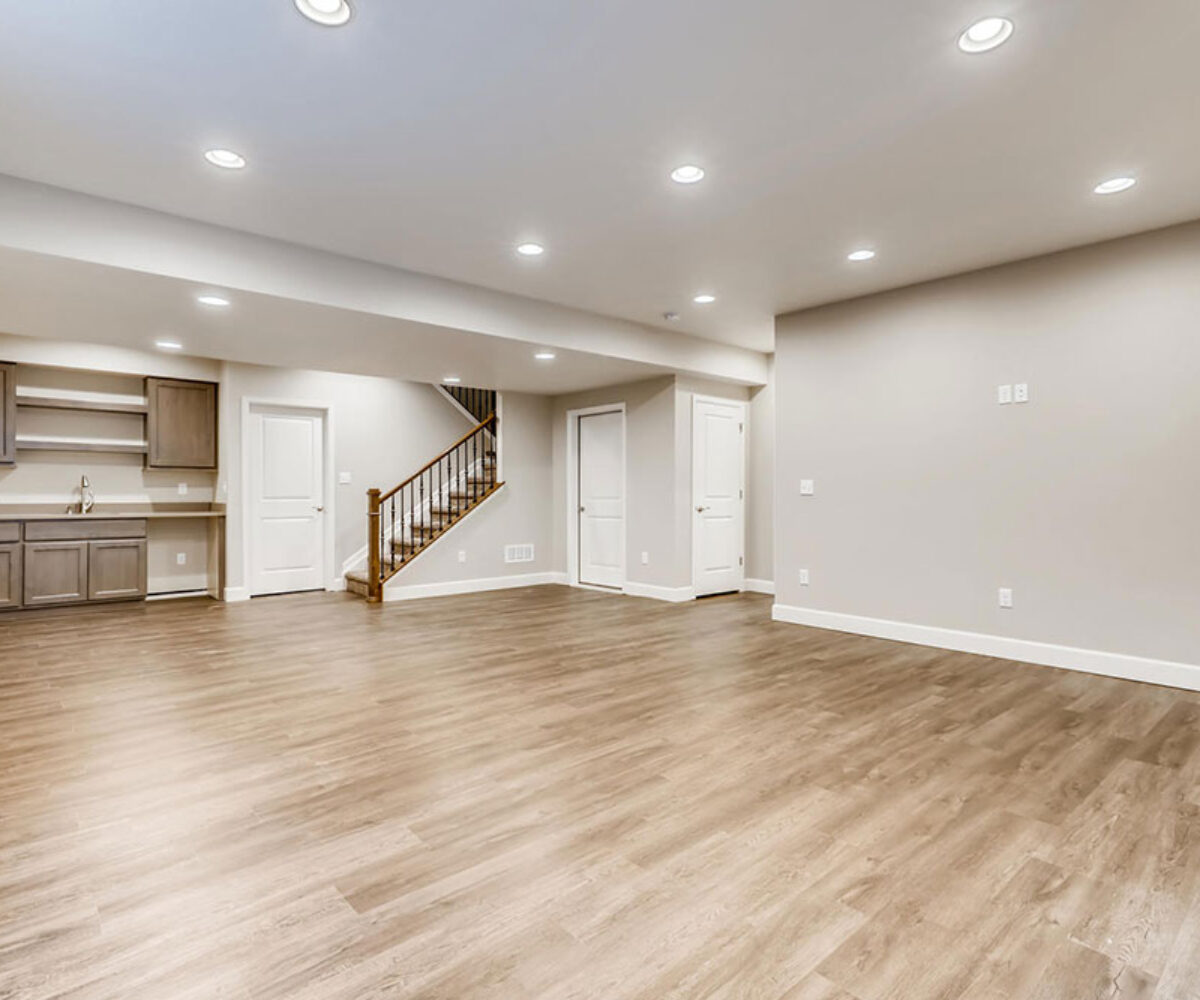
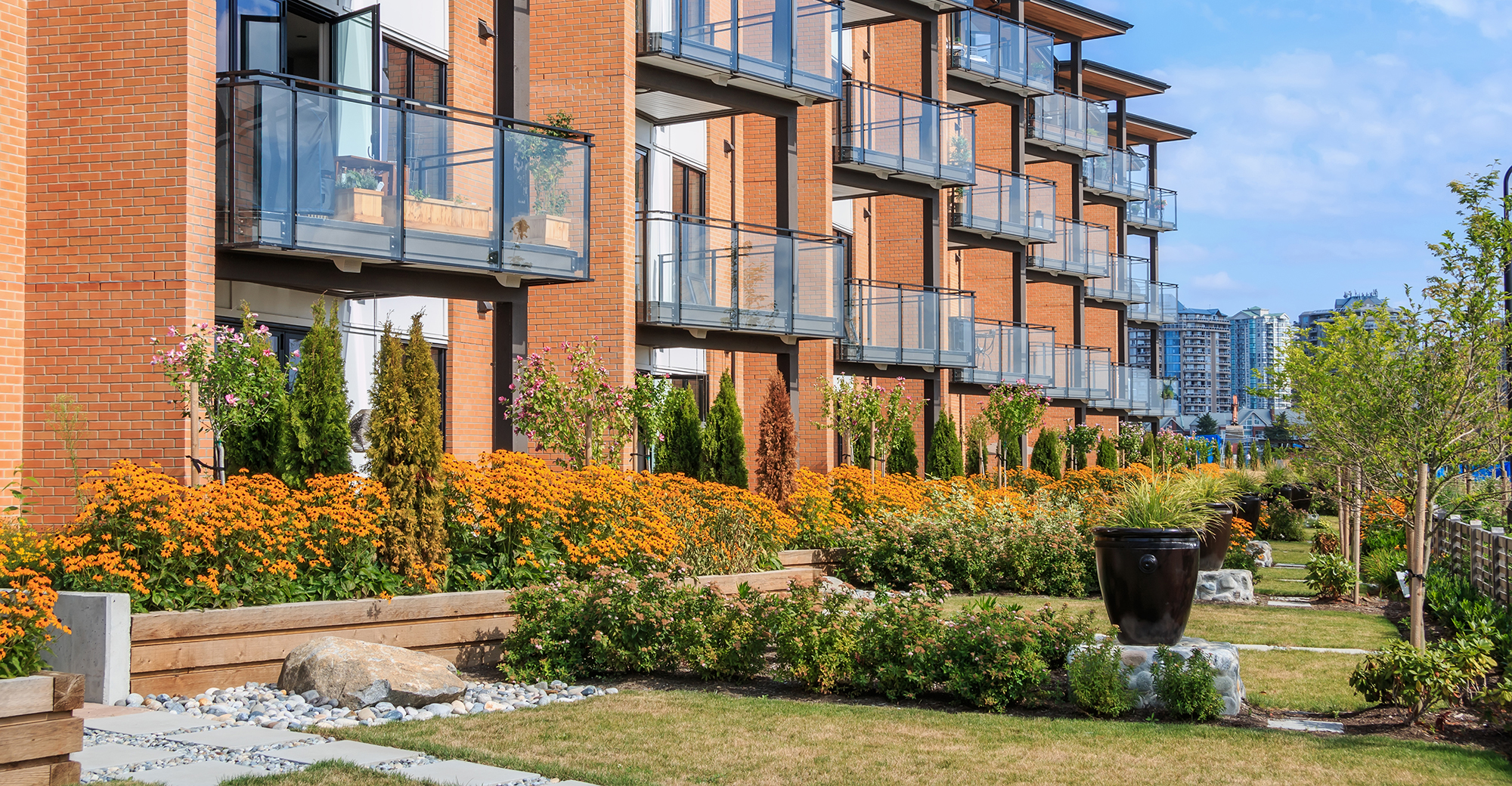
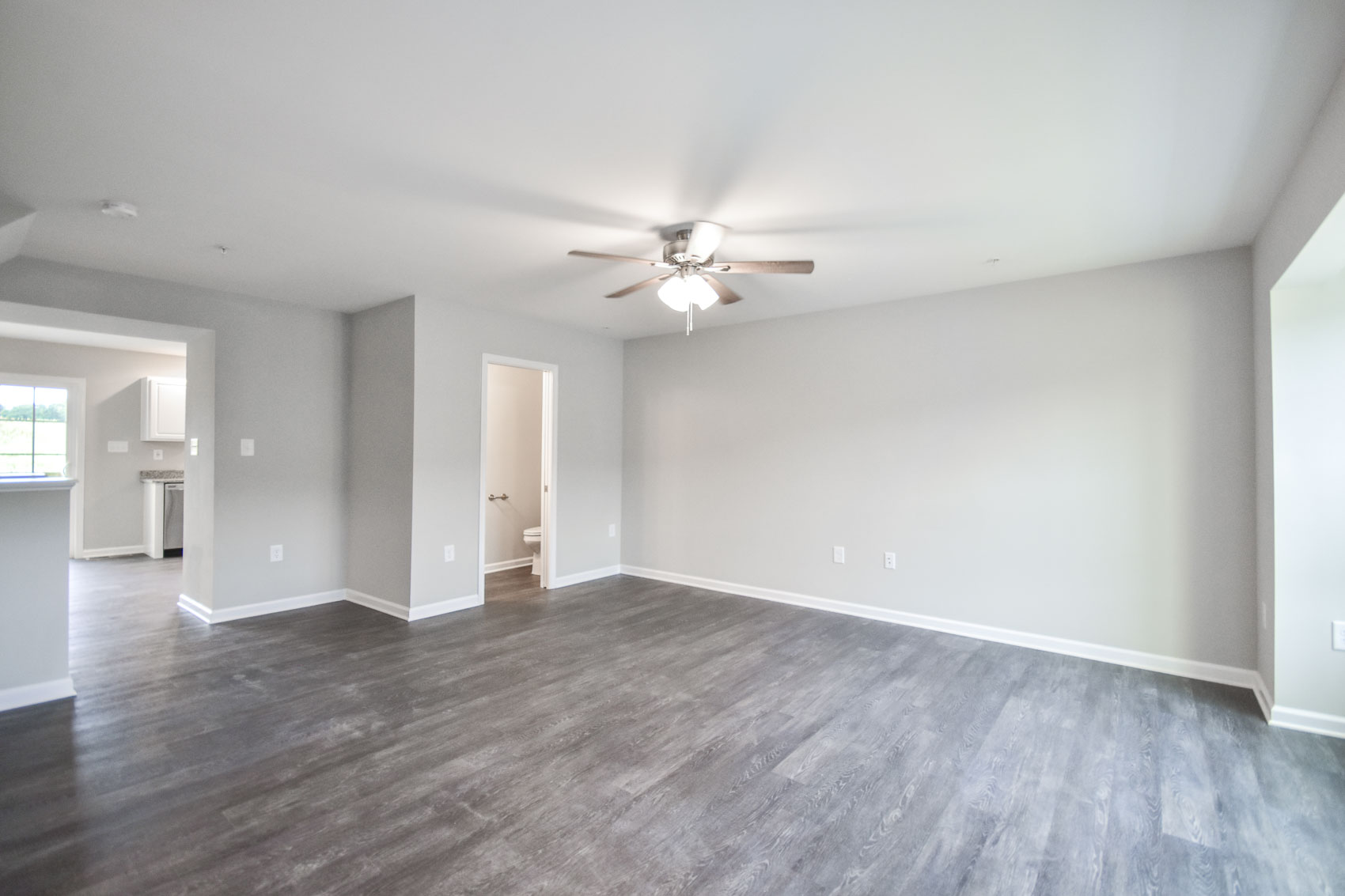
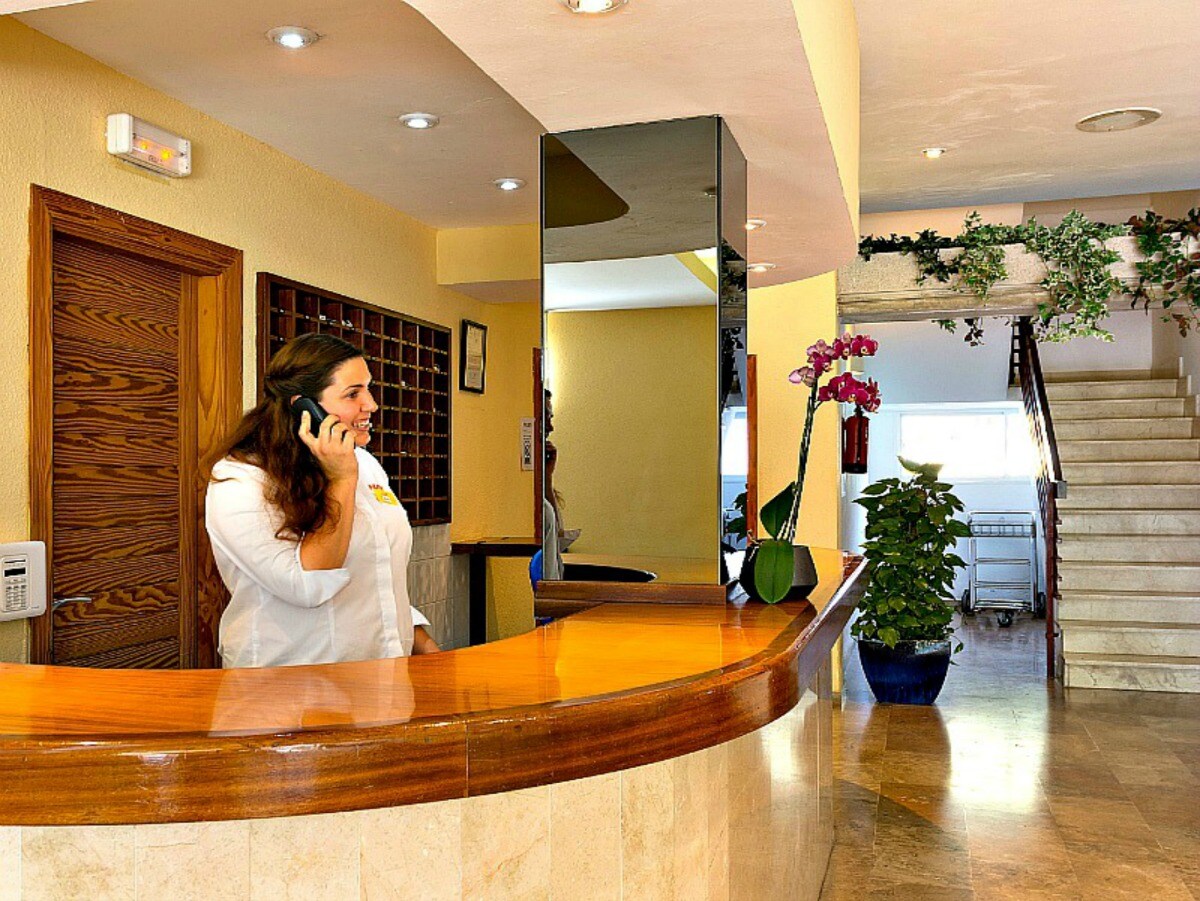
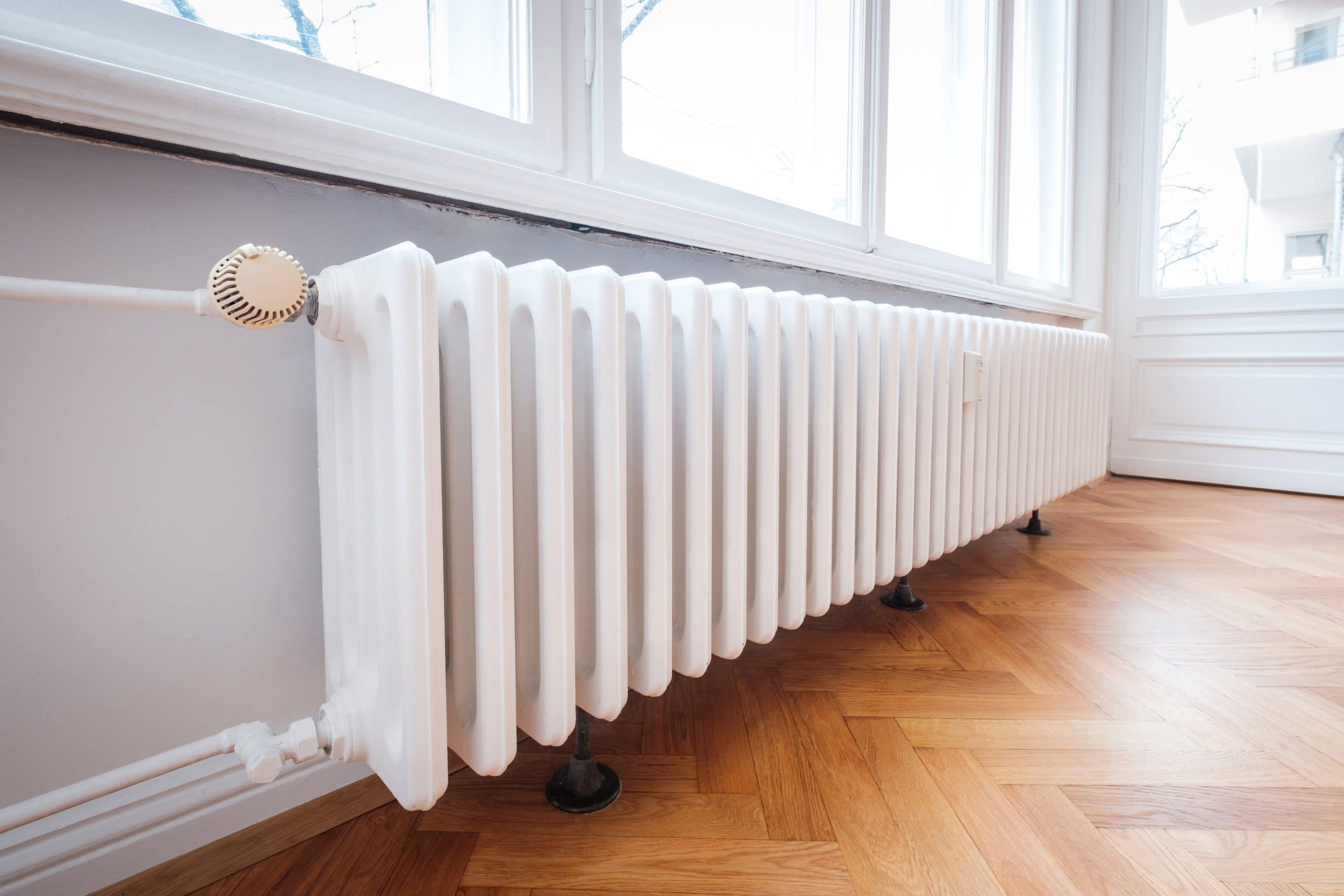
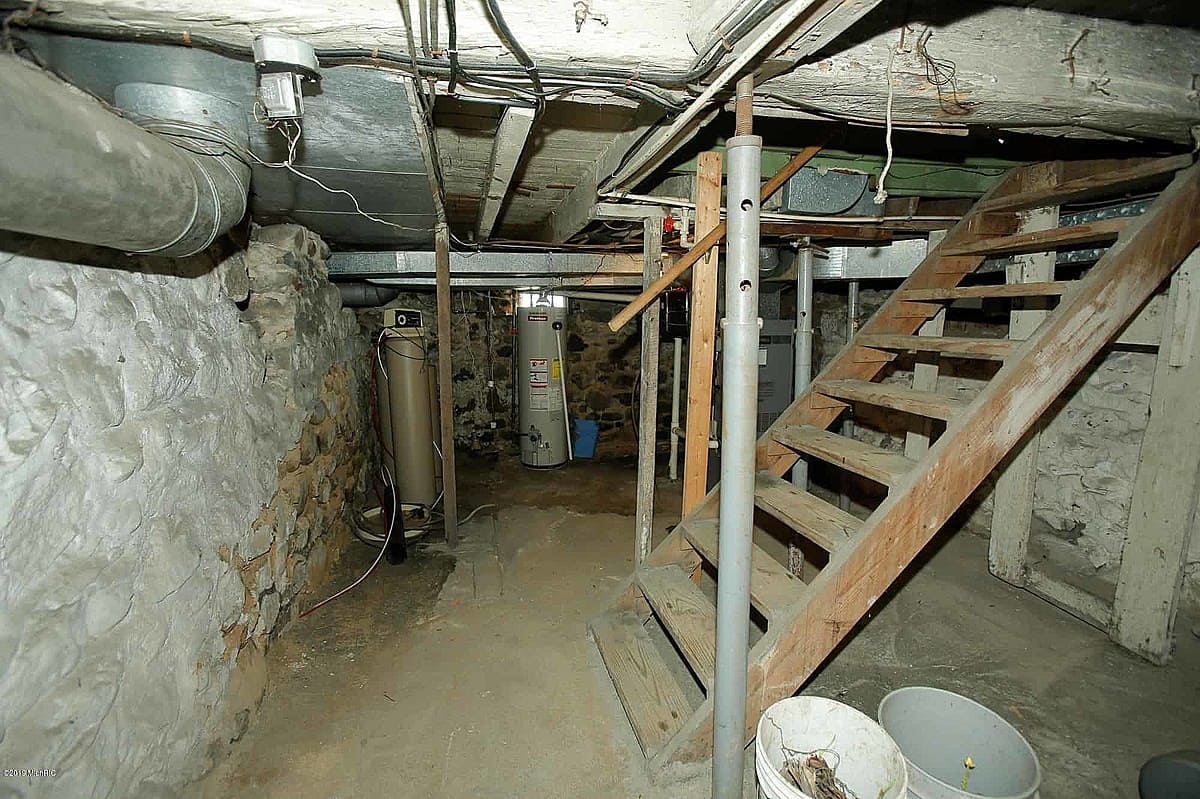
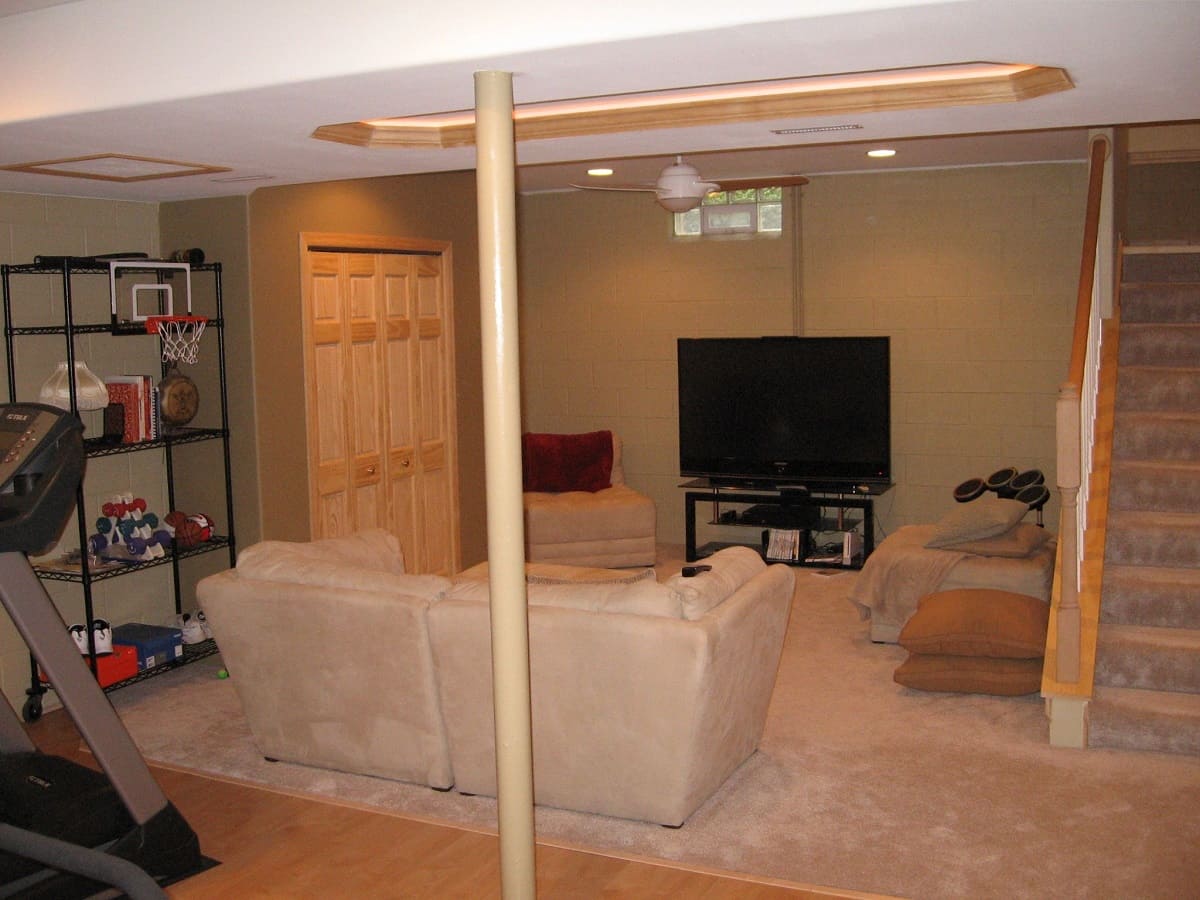
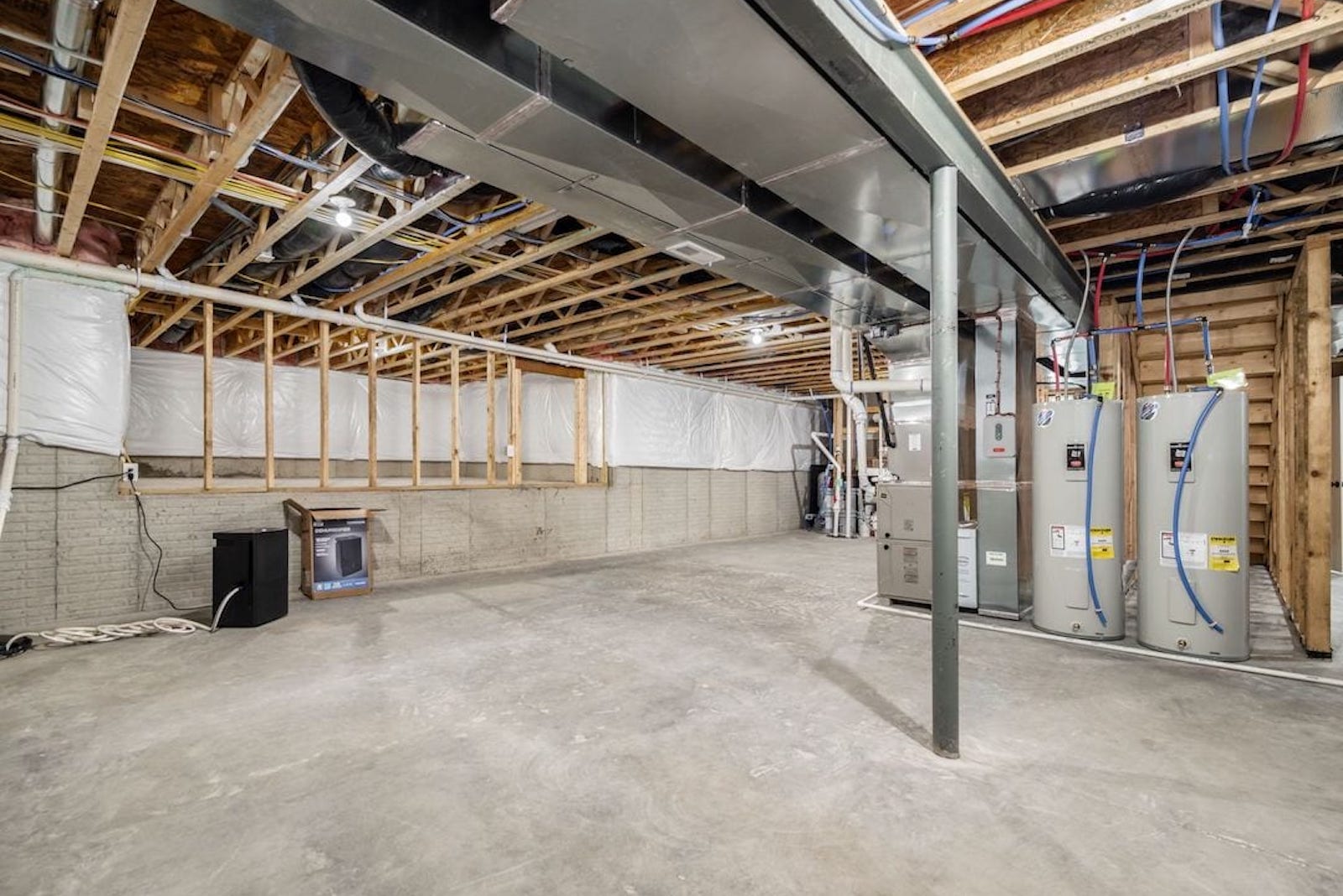
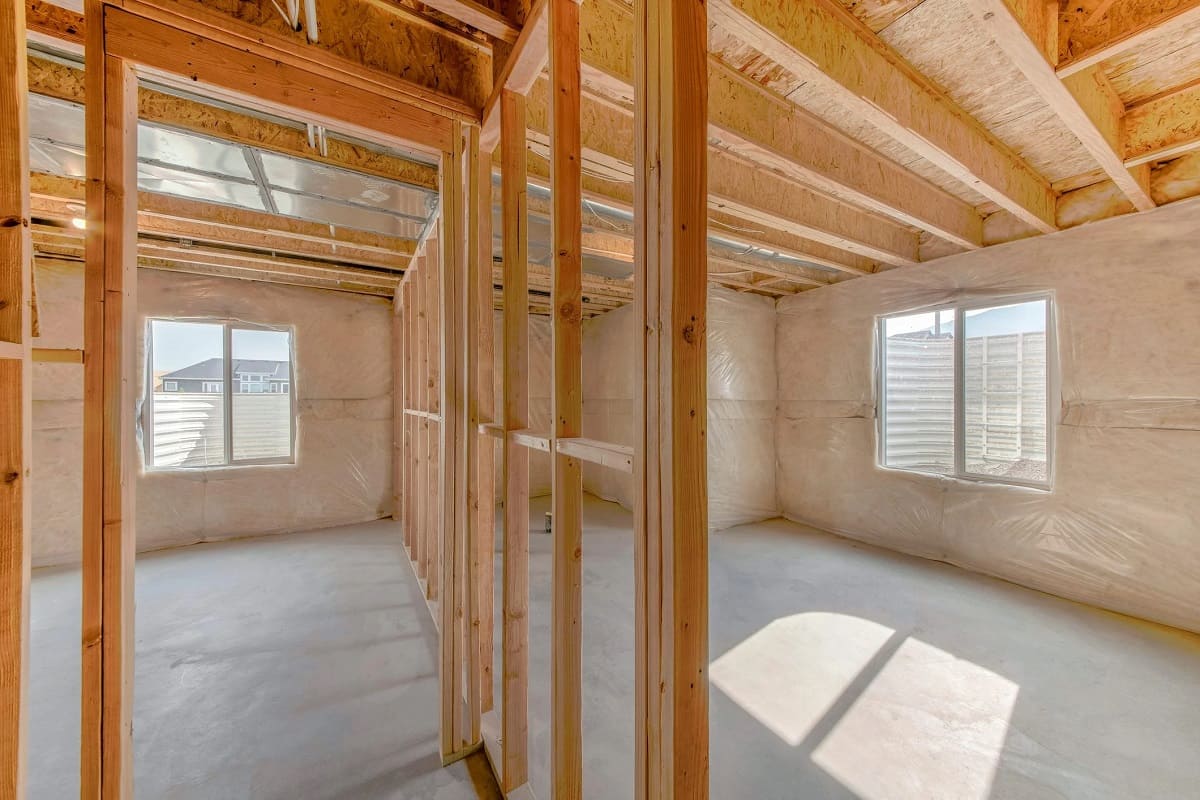
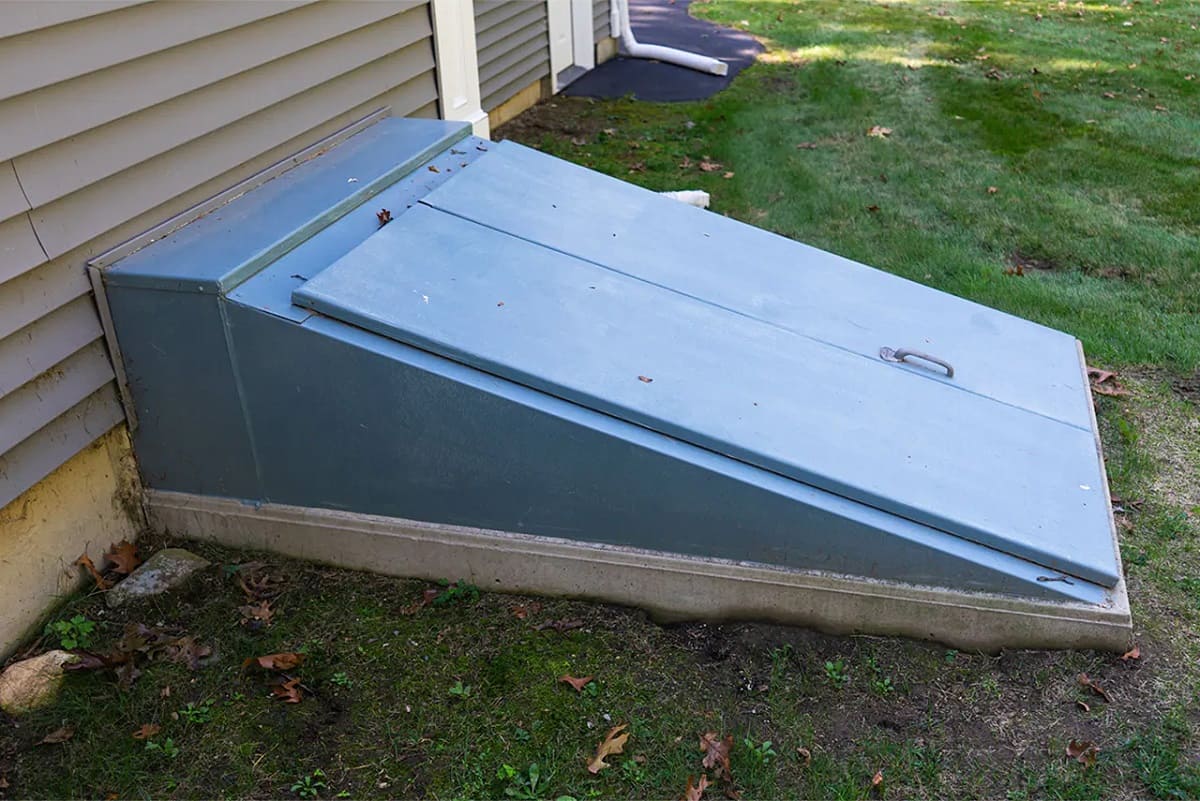
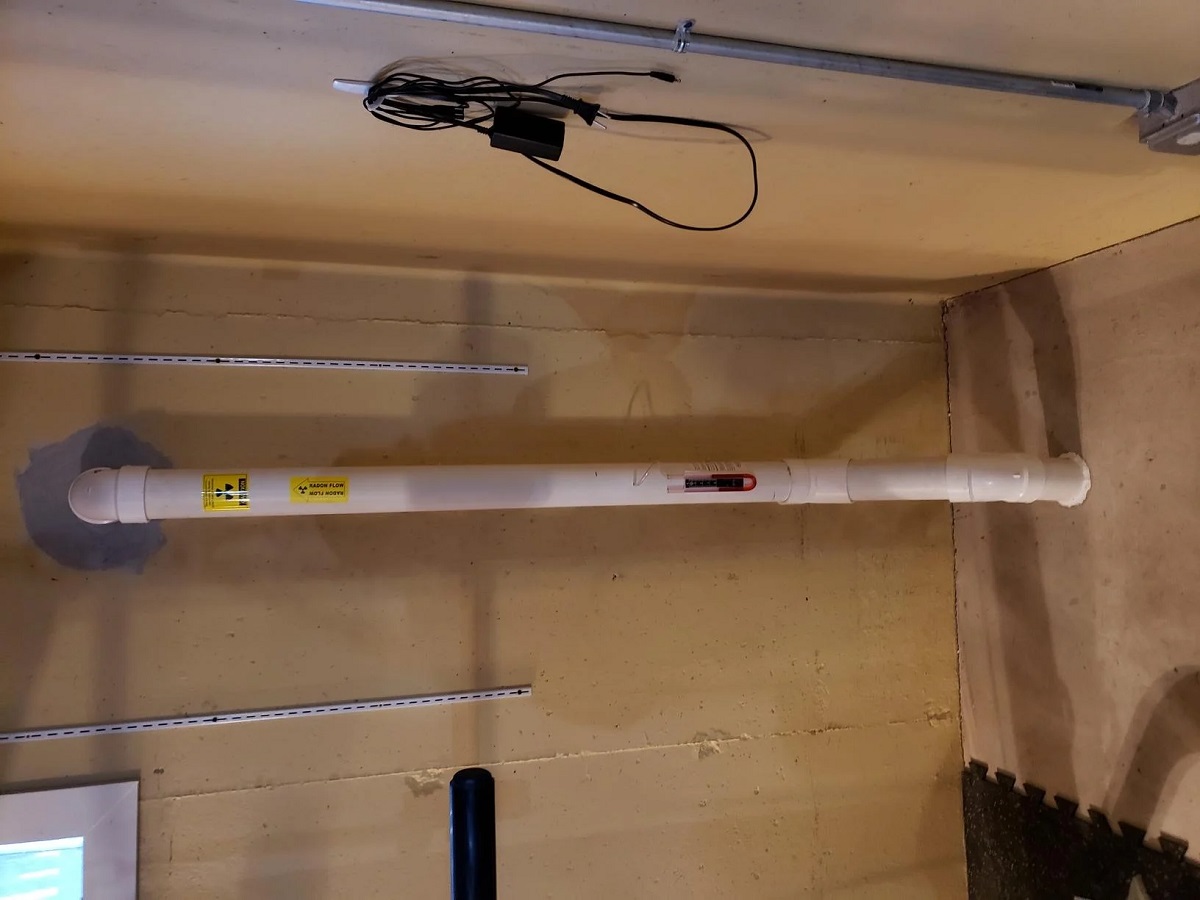
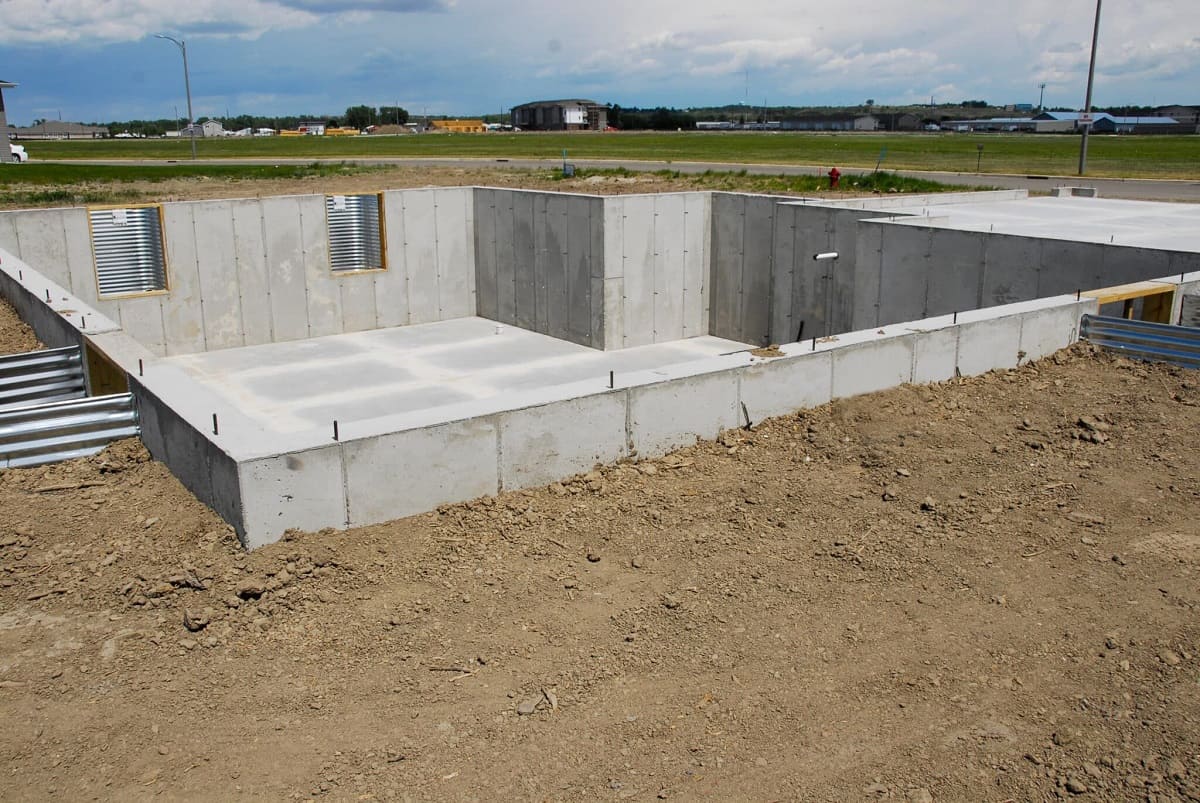
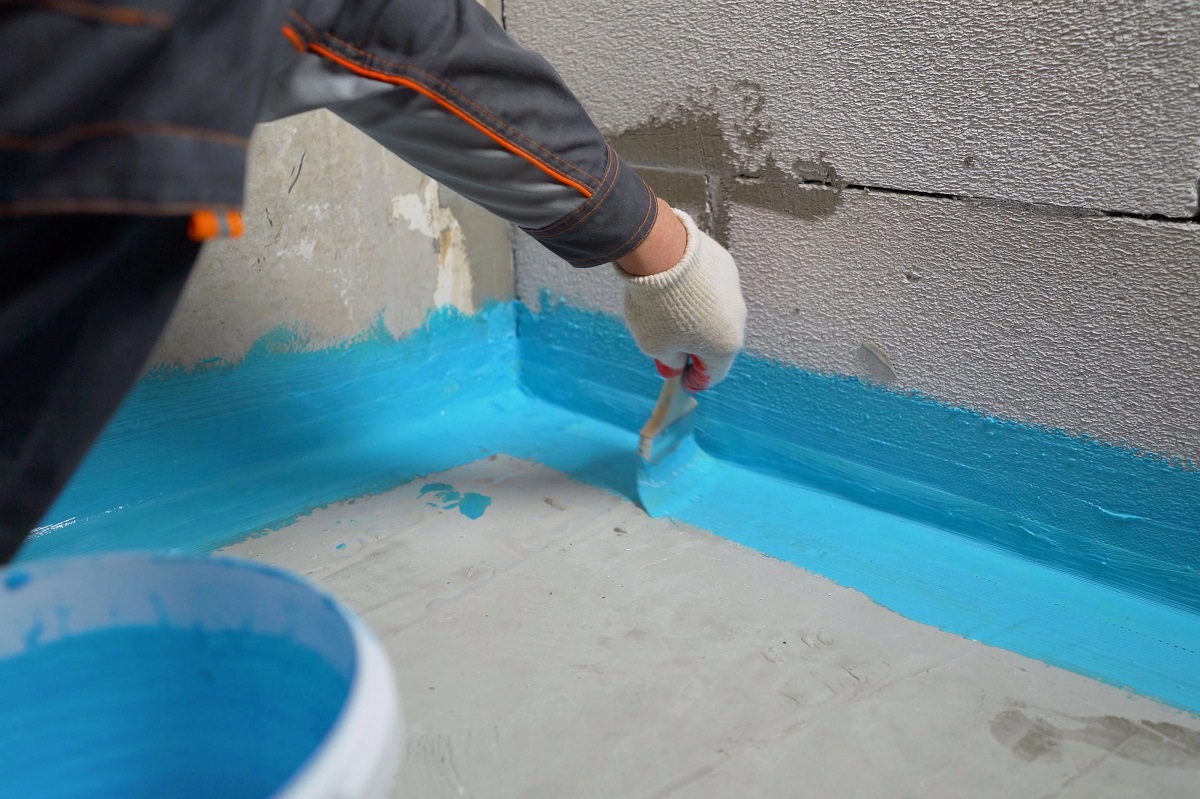
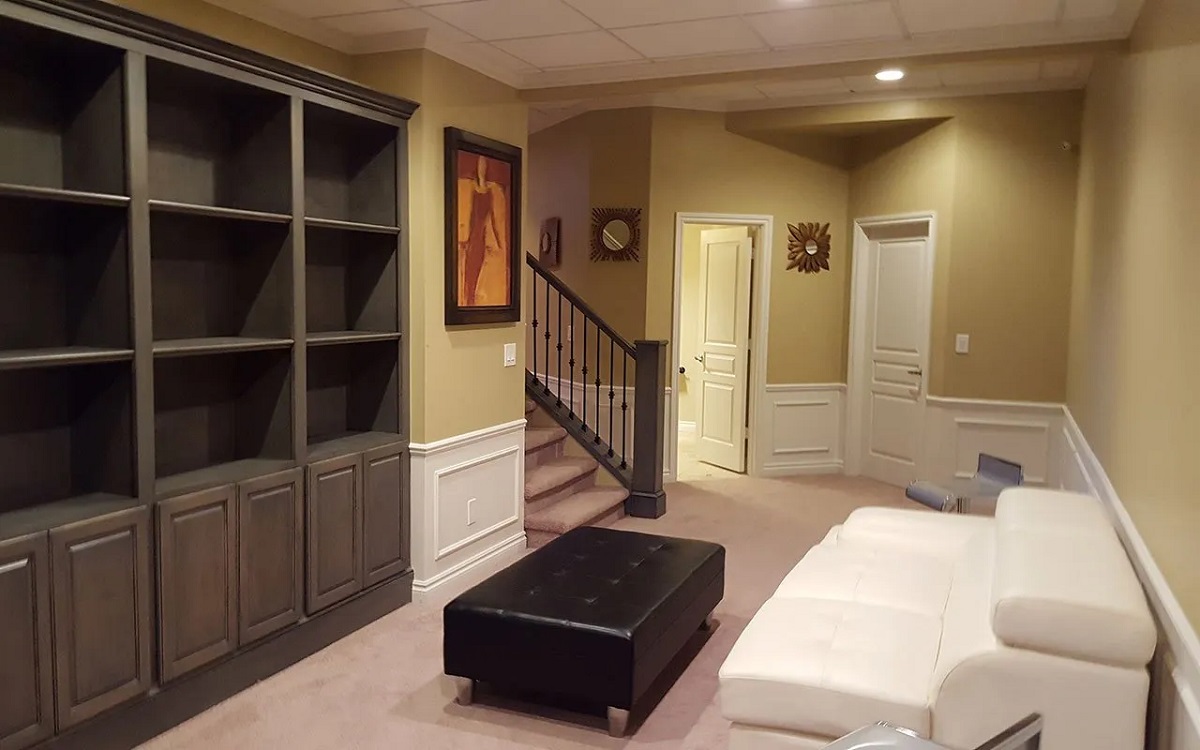

0 thoughts on “What Is A Basement Apartment”